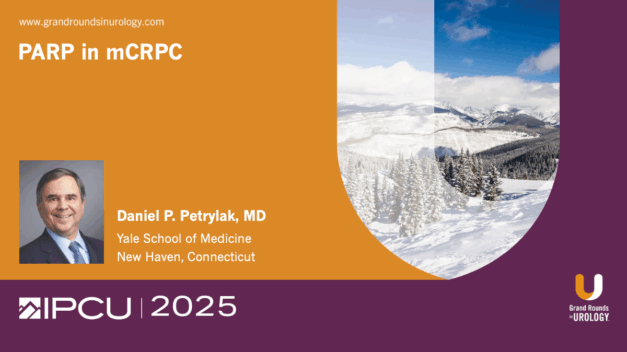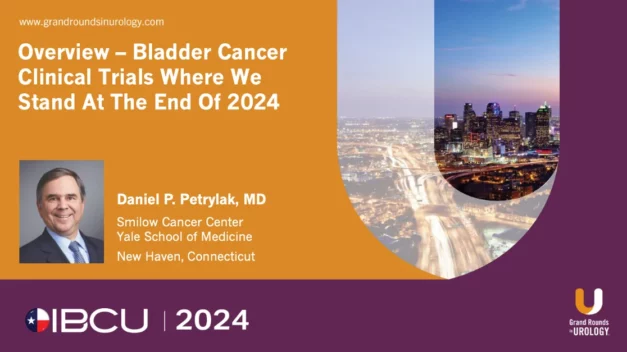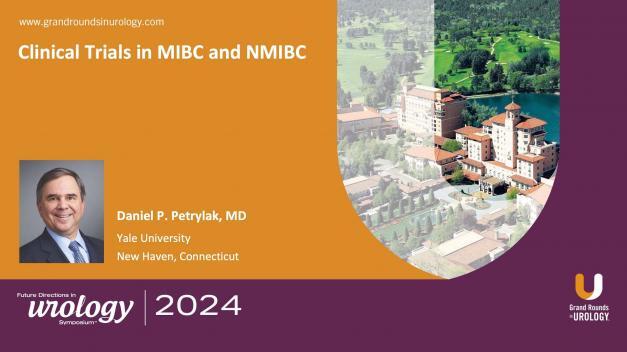PET Tumor Board – Case 1: A Case of a 55-year-old Prostate Cancer Survivor with Rising PSA Five Years After Radical Prostatectomy
E. David Crawford, MD, presents a case of a 55-year-old prostate cancer survivor with rising PSA five years after radical prostatectomy.
Read More




